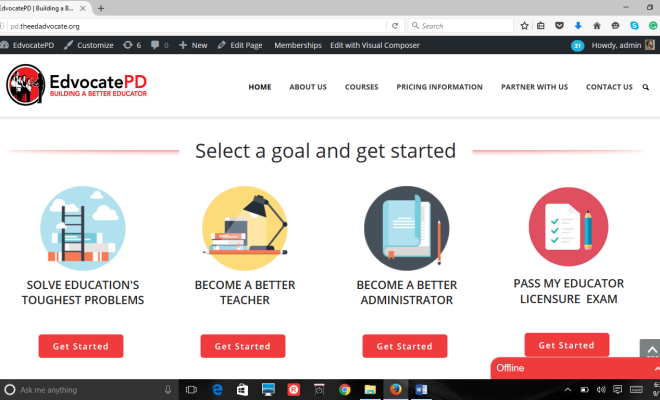A Guide to Comprehension Strategies

These are strategies utilized by eloquent readers while reading. Some of these strategies are: creating mental pictures, raising questions encountered while reading, and projecting/guessing what something means. Comprehension strategies can vary from the simplest to the complex ones. They could even differ based on the learning goals of the reader, say comprehension of narrative text, expository text, etc. From the wide variety of strategies evaluated by researchers, the following are found to be particularly helpful:
· Using prior knowledge: While previewing a text, readers tend to tap into their prior knowledge. Recalling what they already know helps them to comprehend the text they’re going to read. Thus, prior knowledge provides a framework for any new information they’re about to read.
· Summarizing: This involves identifying the key idea where the readers need to decide what’s important and then put it in their own words. Summarizing is a vital comprehension strategy because it helps readers to recall the text quickly. It can also enable the readers to become more aware of text organization, determine what’s vital in a text, and understand how ideas are related. Thus, summarizing involves understanding the author’s reason behind writing the text and putting his key ideas together, albeit in the reader’s own words.
· Predicting: This strategy allows readers to connect their existing knowledge to new information from a text, thus helping them understand the meaning of what they read. When readers make predictions about what will happen next or what arguments the author will use to support an idea, they set up expectations based on what they already know about similar topics. As they read, they’ll examine these predictions continuously and mentally revise them as they keep gaining more information.
· Questioning: Asking themselves relevant questions while reading a text and finding their answers in the text is yet another effective comprehension strategy readers can use. When readers can ask themselves questions as they read, they’ll integrate information better, recognize the main ideas quickly, and summarize information successfully.
· Making Inferences: This involves drawing conclusions from or evaluating information in a text by reading between the lines or deciphering the clues the author has provided. It has been found that readers who can make inferences improve their ability to find meaning by connecting the dots even when explicit or complete information isn’t given by the author.
Visualizing: This involves making mental images while reading to recall better than those who don’t.






